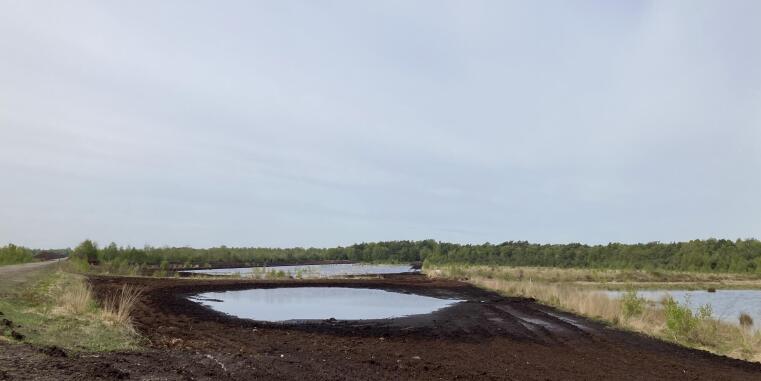







In almost all parts of the world, including Germany and the Münsterland region, many pristine habitats have been lost. In north-west Germany, it is particularly bogs and wetland biotopes that have been destroyed or severely degraded by anthropogenic use. Restoration projects therefore aim to restore the original ecosystems of the natural and cultural landscape.
This requires expertise in soil science for site optimisation, in hydrology for the water balance and in plant and animal ecology, for example for reintroduction processes. Historical data helps to reconstruct original species compositions and environmental conditions. It is also important to involve the population and other stakeholders in socio-ecological activities in order to increase acceptance of the changes. Only with interdisciplinary exchange and the support of everyone can renaturalisation projects be planned and implemented and the success of the measures guaranteed in times of climate change and the energy crisis.
Within the Ammeloe climate and biodiversity area, a 75-hectare model area is to be rewetted in an area of the Lüntener Wald forest estate. The project is being planned by the LWL-Museum für Naturkunde and the LWL-Bau- und Liegenschaftsbetrieb and is being carried out by the latter in close coordination with the responsible authorities of the district and district government as well as Wald und Holz NRW. Various experts from the working groups within the Institute of Landscape Ecology and the LWL Museum of Natural History are researching changes in biodiversity and carbon storage from a variety of perspectives.